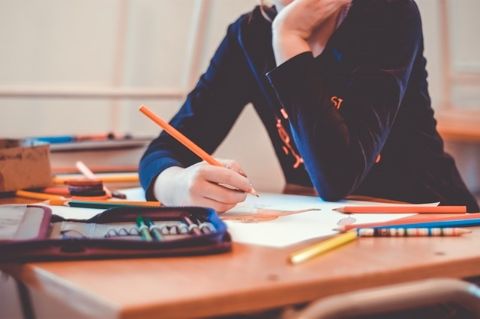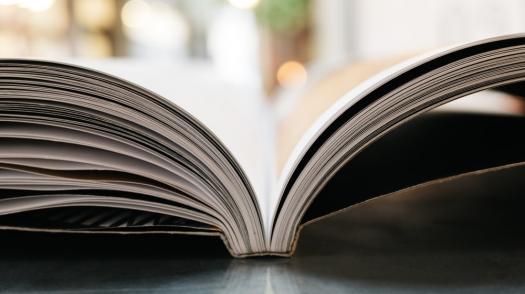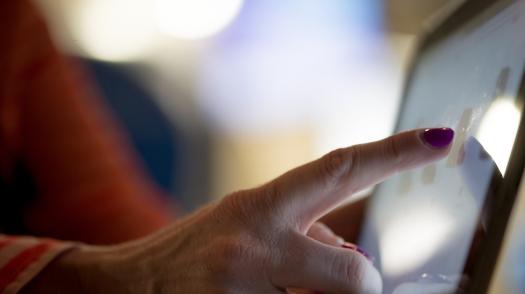
Published: 23/08/2019
I would love to see more help in schools. My son is 15 years old, just about to start GCSES and had his accident that left him with an acquired brain injury (ABI) two years ago.
His school have been amazing but only because they listen. They had no clue how to deal with him and why would they? They had no idea where to find information on how to deal with him. So it’s been a learning curve for all of us.
The main learning would be that he’s not lazy, he’s not scamming you, he is genuinely fatigued.
The next would be that he’s coping with school because of the support – so don’t take it away when he does well (extra help, rest periods, private rooms for exams). Schools have a habit of seeing improvement and pulling the carpet of support away from them.
Another learning is the management of the child meetings for open lines of communication on both sides, in half termly periods.
I think sometimes as parents of brain injury children, especially in mainstream schools, it can be easy for us to blinded by love and our fierce nature to protect and fight for our kids that sometimes we don’t hear the schools when our kids, especially teens, are just acting out.
The school should think about safe places for our children when they are ill or struggling. Not in the main medical room – it’s not a safe place if you have a classmate staring at you while you’re having a meltdown!
For peers, it’s understanding an invisible illness. It’s explaining why their friend’s personality has completely changed. It’s knowing it’s okay not to like this new personality and how to grieve that friendship and move on without cruelty to either child.
It’s about learning to recognise the signs when a child needs help and what to do.
And to educate all peers that while it’s never okay to hit/throw/bash another pupil, for children with a brain injury as there is a serious risk of further damage (these kids would be devastated if the unthinkable happened).
In August 2020, Holli updated us with her good news to give some hope to others:
My son had an accident that resulted in frontal lobe brain damage 3 years ago.
He started senior school just five weeks after his accident with open fractures (it was terrifying) and a memory that didn’t hold information for more than a few minutes.
He had behavioural problems and the emotional capacity of a 2-year-old.
It’s has been the most exhausting journey at times we both just wanted to give up!
But today all the hard work and daily phone calls, weekly meetings and countless breakdowns paid off.
He passed 8 out of 9 of his GCSES!
He will now go off to college in three weeks to start a level 3 (equivalent to A levels ) engineering course.
He has surpassed all my expectations and the future looks bright.
For more support on schools see our information pages. Our booklet on acquired brain injury in children for teachers and school staff can be ordered here.



